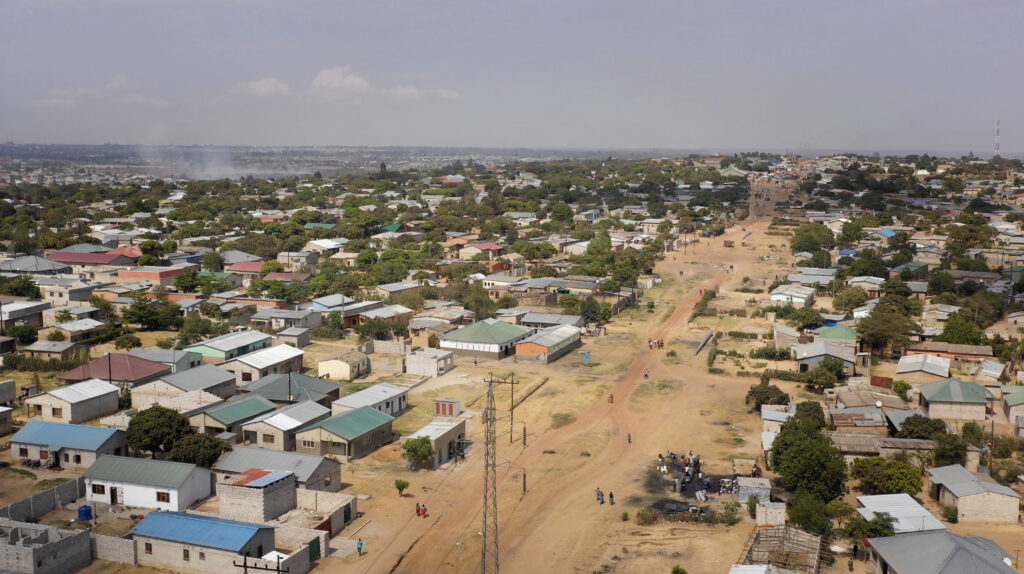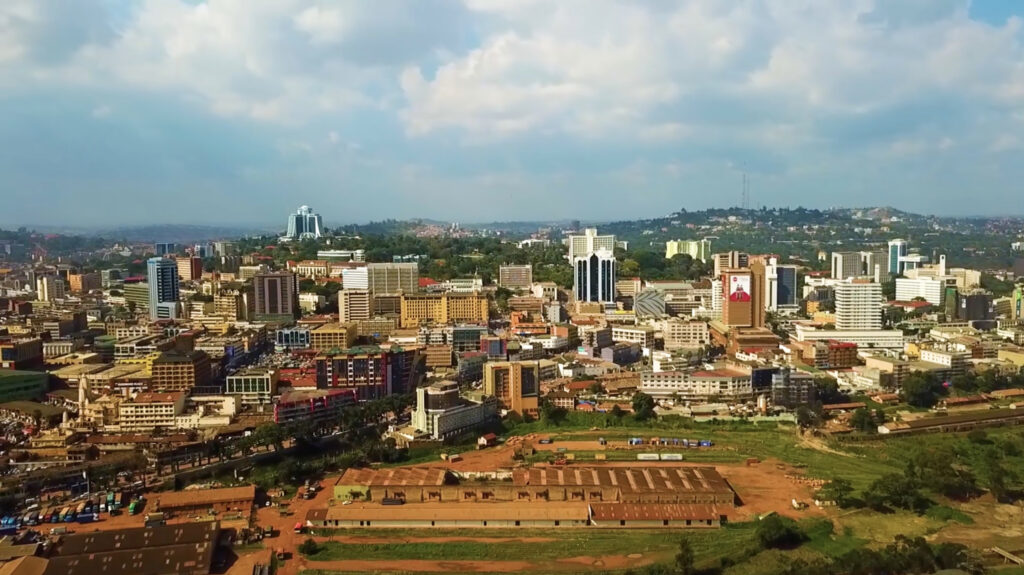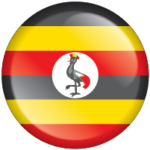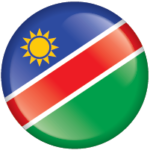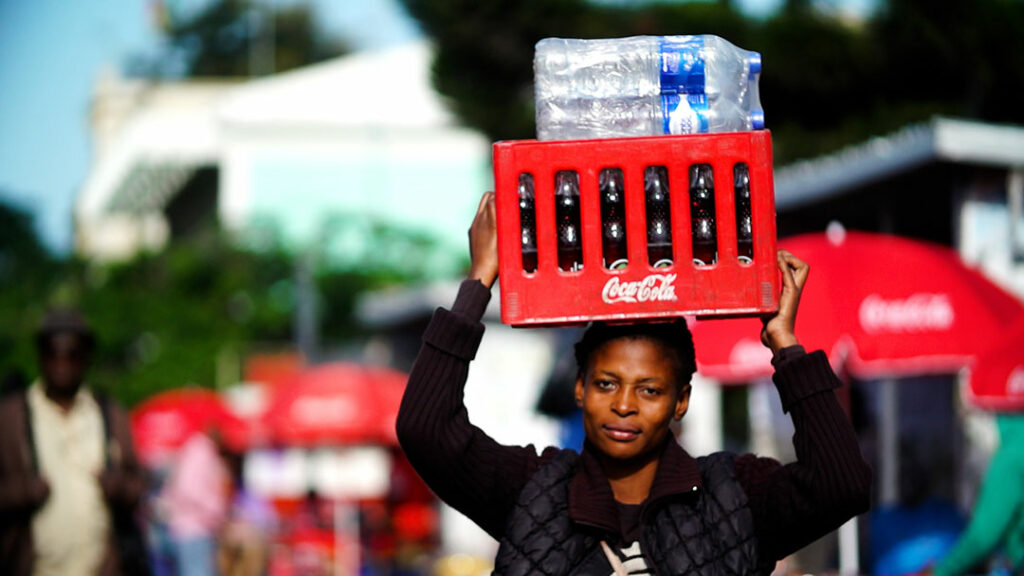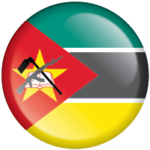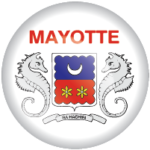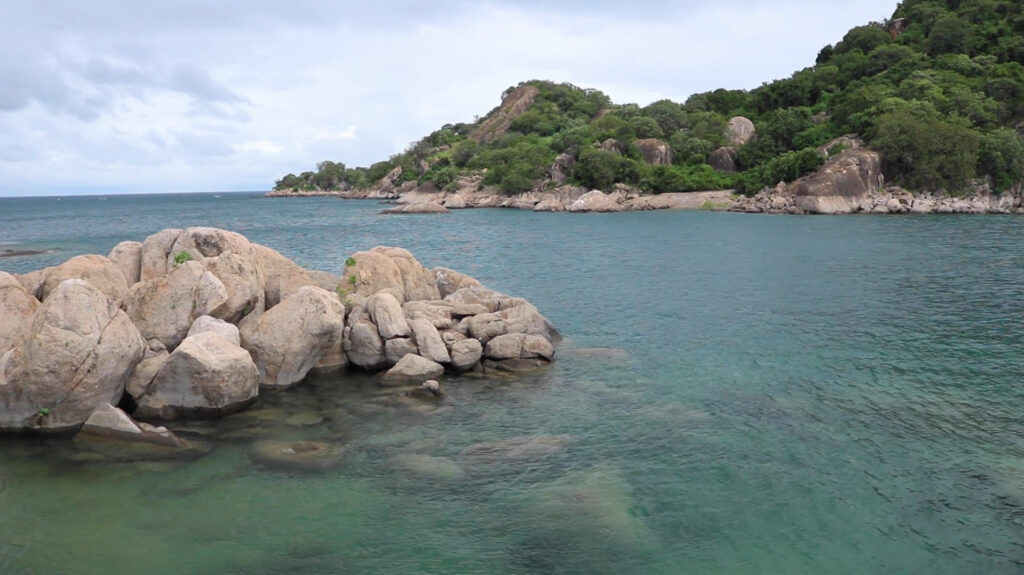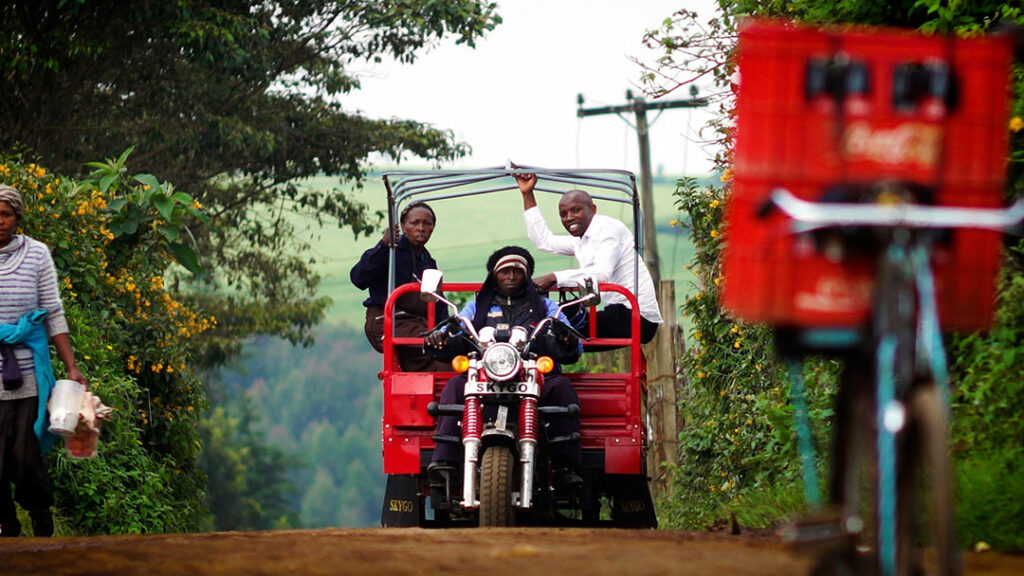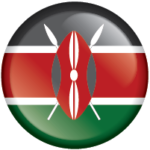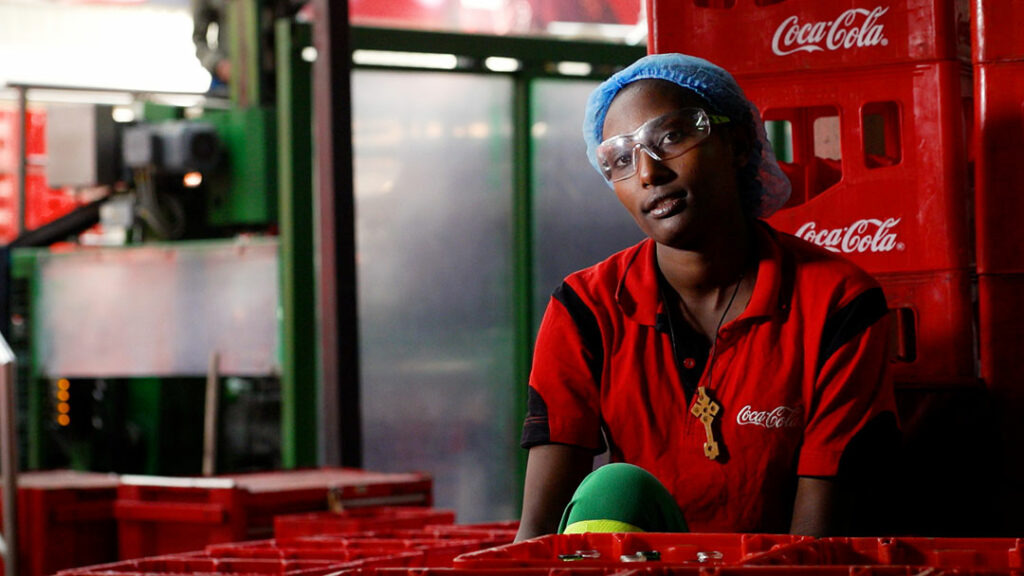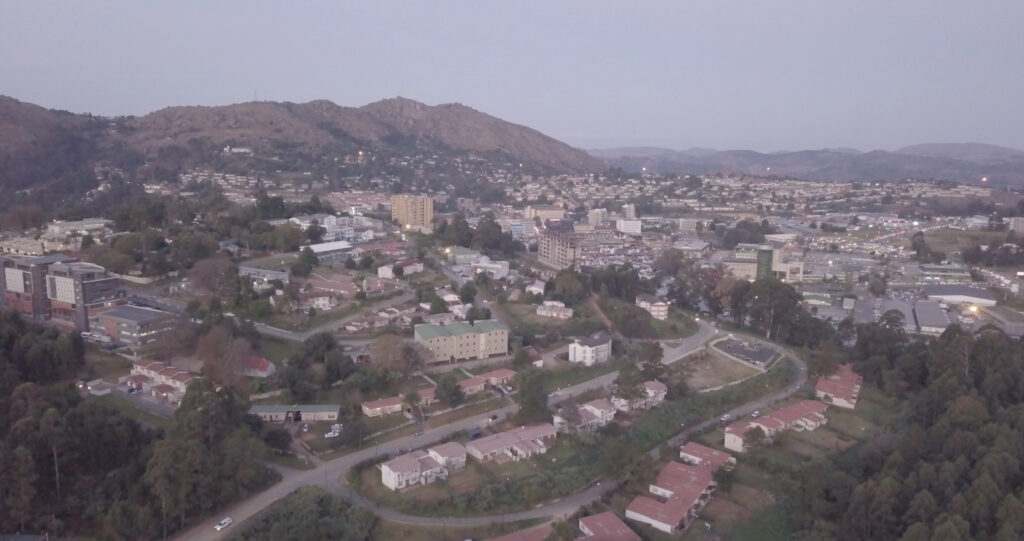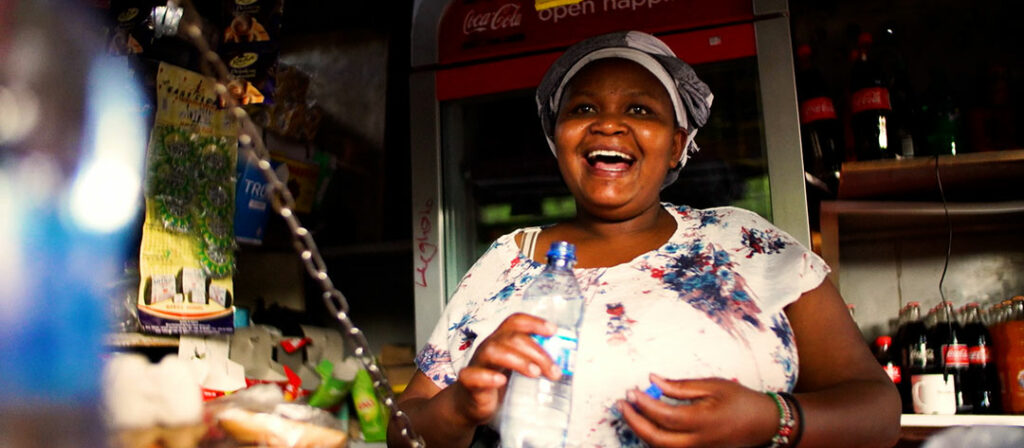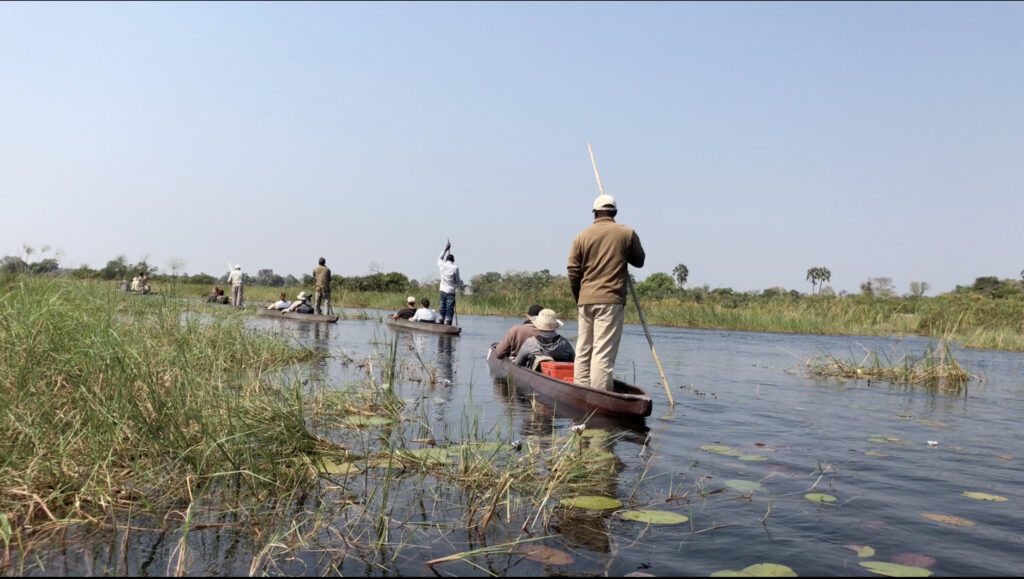Company on track to deliver merger condition public interest commitments
[Johannesburg, 30 March 2017] Today, Coca Cola Beverages South Africa (CCBSA) will hold its inaugural Supplier Development Conference at Gallagher Estate.
This conference is a key milestone event which forms part of CCBSA’s commitment to a series of public interest conditions attached to its parent company’s (Coca Cola Beverages Africa) establishment last year.
In terms of the agreed public interest conditions that were approved by the Competition Commission, the Supplier Development Conference will be held annually to identify opportunities to maintain and grow local procurement. CCBSA has given its commitment to advancing local procurement and has agreed to train its own managers on the value of local procurement to reinforce this commitment.
The event will be attended by over 500 handpicked, black owned high-growth-potential SMME delegates from a variety of industries. They will be addressed by an outstanding line-up of speakers with broad industry knowledge across a wide range of issues. The keynote speaker at this high-profile event will be Minister of Economic Development, Ebrahim Patel. An evening networking event will be hosted for delegates after the meeting.
“Although this is a seminal event, it’s about so much more than delivering a merger condition; it’s about being an active partner in South Africa’s economic and social development as a whole, and in the development of the local beverage sector in particular. In this and other initiatives, we’re working to promote small business and supplier development, and to enhance entrepreneurship in our economy,” said Velaphi Ratshefola, Managing Director of CCBSA.
The public interest commitments agreed to were wide-ranging and in respect of protecting suppliers’ direct interests, included a commitment to maintain and, where possible, improve CCBSA’s level of local procurement of South African inputs. These include all tin and aluminium cans and ends, glass and PET bottles, PET closures, packaging, crates and sugar. The company undertook to honour existing agreements with suppliers and further undertook to provide training for its managers on the value of local procurement.
The company has also undertaken to invest in retailer development and agriculture enterprise development by making R800 million available for entrepreneurship development over the next five years. A R400-million allocation will focus on the development of downstream distributors and retailers. Between 2017 and 2020, an additional 25,000 black retailers of CCBSA’s products will receive business skills training.
A R400-million fund for enterprise development in the agriculture value chain will support and train historically disadvantaged developing farmers and historically disadvantaged or small suppliers of inputs for Appletiser and CCBSA products.
“In addition, as part of our commitment to the country’s economic development, we agreed to initiate a 20% black shareholding in Appletiser to be delivered by May this year, and are increasing the empowerment shareholding in CCBSA as a whole by 9%, to take it up to 20% within five years.
“We’ve been working hard on several of the other public interest merger commitments that were endorsed by the Competition Commission, but this has largely been done out of the public eye. “This Supplier Conference is our first public event and we believe it will give delegates an exceptional opportunity to engage on many issues that affect them, position them well to supply both CCBSA and other major companies, and learn from expert insights of the outstanding line-up of speakers.”
ENDS
Note to editors
- In November 2014 The Coca-Cola Company, SABMiller plc and Gutsche Family Investments (GFI, majority shareholders in Coca-Cola Sabco) announced they had agreed to combine the bottling operations of their non-alcoholic ready-to-drink beverages businesses in Southern and East Africa.
- In October 2016, Anheuser-Busch InBev announced it would be combining with SABMiller.
- In the same month, The Coca-Cola Company announced its intention to acquire AB InBev’s stake in Coca-Cola Beverages Africa (CCBA).
- The Coca-Cola Company and Anheuser-Busch InBev reached agreement in December 2016 regarding the transition of AB InBev’s 54.5 equity stake in Coca-Cola Beverages Africa.
- Competition Commission approval for the creation of CCBA was received in May 2016 with a requirement that the public interest conditions agreed by the merging parties be honoured.
Summary of public interest conditions committed to:
- CCBSA must maintain and improve local procurement percentage in relation to the base year (Fiscal 16)
- CCBSA must maintain employment levels to the number at the merger approval date for three years
- CCBA and CCBSA must be headquartered in SA, and be tax-resident in SA
- BBBEE equity holding in CCBSA to be increased from 11% to 20% within five years
- The empowerment transaction will benefit a number of stakeholders, including an employee share-ownership scheme which will be implemented within a period of four years from the Approval Date (by 10 May 2020)
- CCBSA to provide business and inherent risk training to employees who opt to become Owner Drivers
- Retailers should be allowed to use up to 10% of visible space in CCBSA fridges for small competitors products in small and micro outlets
- A R400m fund to be set up to develop downstream distributors and retailers over five years. Funding for this cannot be redirected from other expenditure for retailers which would ordinarily have been incurred. New retail outlets established as a result of this investment will not be required to operate on an exclusive basis for CCBA and can sell products competing with those of CCBA
- A R400m fund to be set up to develop previously disadvantaged farmers. The fund should be for the support and training of historically disadvantaged developing farmers and historically disadvantaged or small suppliers of inputs for Appletiser SA and CCBSA products. The fund will provide training and the disbursement of grants according to the B-BBEE Codes on Supplier Development and Enterprise Development.
